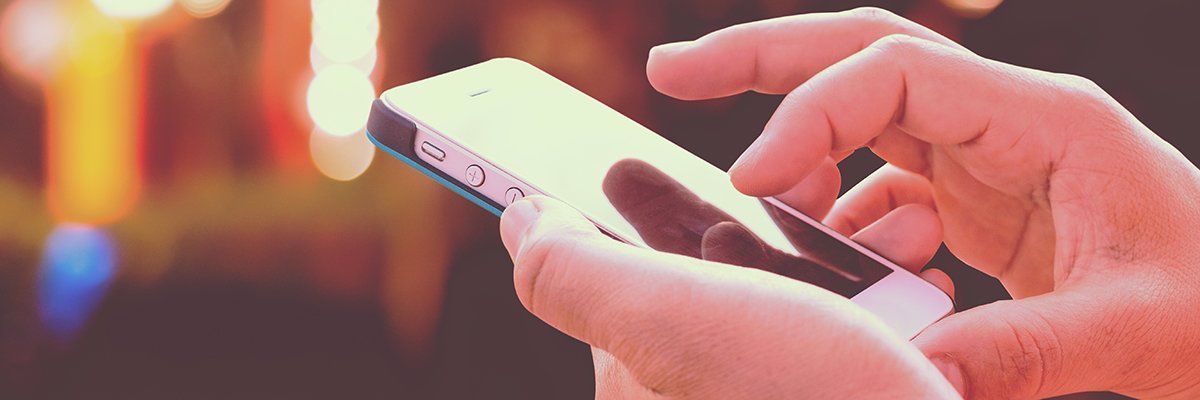
Nearly nine out of 10 clubbers who tested a digital identification mobile app at a Surrey venue said they found it easy to use and, if given a choice, would prefer to use it over traditional, physical forms of ID such as a driver’s licence or passport.
The trial was backed by the Home Office, which worked with ID tech specialist 1account and bar and nightclub operator Rekom UK at its Tru Camberley venue. There were 921 total downloads of 1account’s app and 839 unique check-ins using the app during the test period.
A total of 288 people were quizzed about their experiences, with 88.5% saying it was easy to use and 89.6% saying they preferred using it.
The study found that entering the nightclub using the technology took just 4.7 seconds on average, compared with 14.8 seconds using physical ID scanning technology, the use of which is a condition of Tru Camberley’s alcohol licence.
Rekom and 1account said the trial had clearly shown there was strong acceptance of digital ID technology among digital natives, and that using digital ID for age verification and identification helped get people through the doors, and get served at the bar, quicker.
“Our guests are digital natives, so we are always looking for new ways to use technology to enhance our guest experience,” said Tony Gorbert, senior operational director at Rekom.
“We were pleased to take part in this Home Office initiative with 1account and the results have proved extremely positive where digital ID has been used by clubgoers. We will now assess the results and look to see how it can bring benefits to our guests in the future.”
The Camberley trial was one of nine regulatory sandbox tests run by the Home Office last year, which took place at various types of alcohol retail environments across England using a range of up-and-coming solutions.
To use 1account’s technology, users are asked to scan a legitimate form of photo ID which can be checked for authenticity and upload a selfie to compare against the official photo. They are then issued with a digital ID.
When accessing a venue using the ID, they scan their smartphones on a QR code reader – the QR code itself is venue-specific and pairs with a four-digit security code known only to the venue – to indicate whether or not the person is age-verified. The system also adds a timestamp to stop people from trying to use screenshots.
A further consideration that emerged from the trial was that venue operators using traditional scanning tech paired with physical documentation may have been relying on it too much when it came to managing their bars and clubs.
“The use of physical IDs in the nightclub environment poses challenges, including the use of fake documents and the ability to adequately check documents in a busy, low-lit environment, increasing the risk of underage access to nightclubs; and their limited ability to demonstrate that licensing conditions have fully been met with respect to underage access and consequent underage purchasing of alcohol. They are also extremely limited in providing intelligence on who is in a club in the event of disorder,” said 1account chief executive Ben Keirle.
Additionally, the technology may also prove to be more secure for guests. Rekom runs 42 venues across the UK and estimates that people lose about 18,000 physical ID documents in its bars and clubs each year. When a physical ID is lost, none of the data is protected; it’s visible for anyone to see.
“While the nightclub will attempt to reunite lost documents with owners, the risk of permanent loss, potential significant inconvenience, risk of fraud and cost of replacement remains,” said Keirle.
“When a mobile phone is lost, it is invariably password or otherwise protected, making access to the data it holds extremely difficult. Consequently, the risk of misuse of that data remains low and therefore a mobile digital app presents significant benefits for clubgoers and operators.”
1account hopes that by the end of 2023, two million people will be using its digital ID technology at more than 60,000 locations, which besides bars and clubs can include other environments where people may need to prove their age, such as betting shops and casinos, convenience stores and supermarkets, pharmacies and specialist vape shops.
